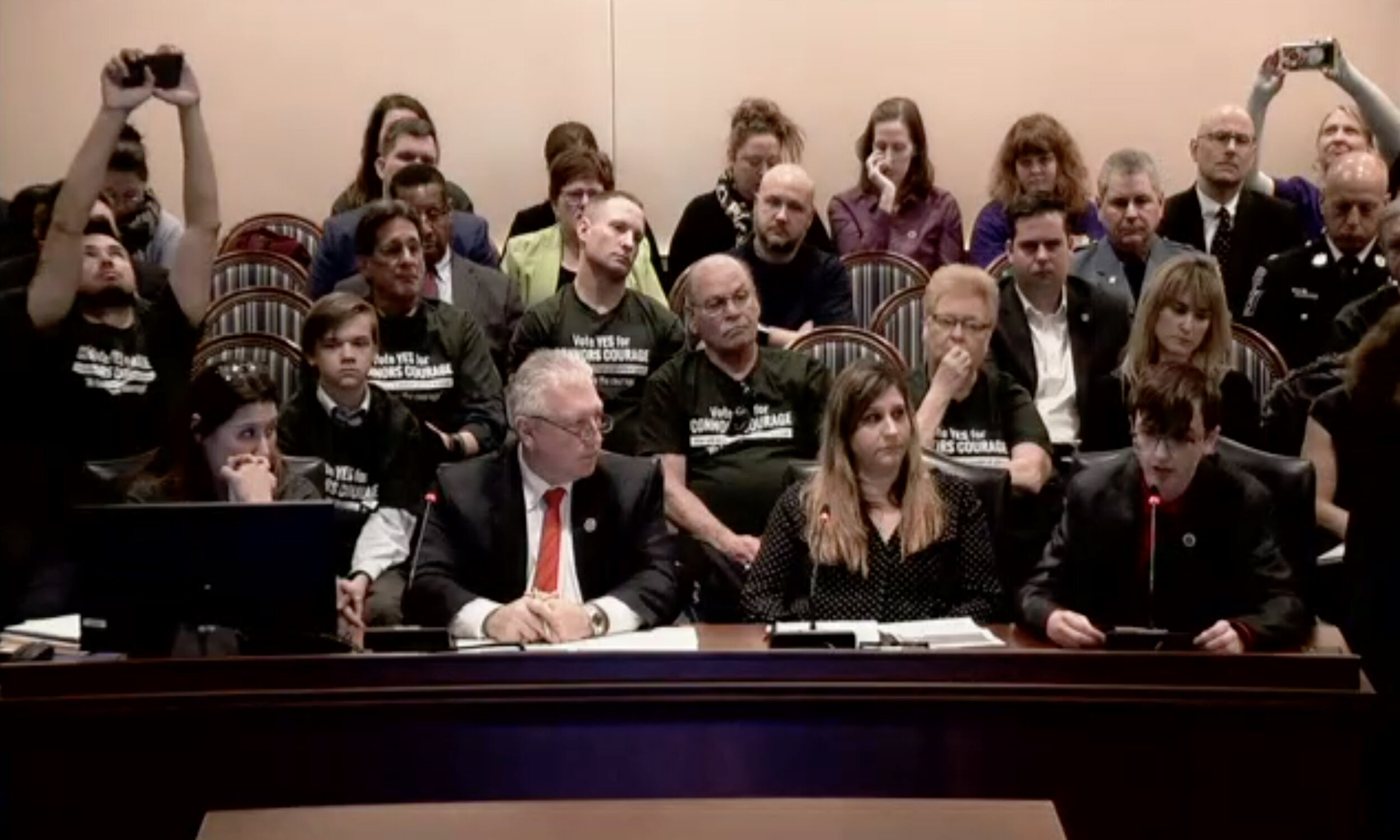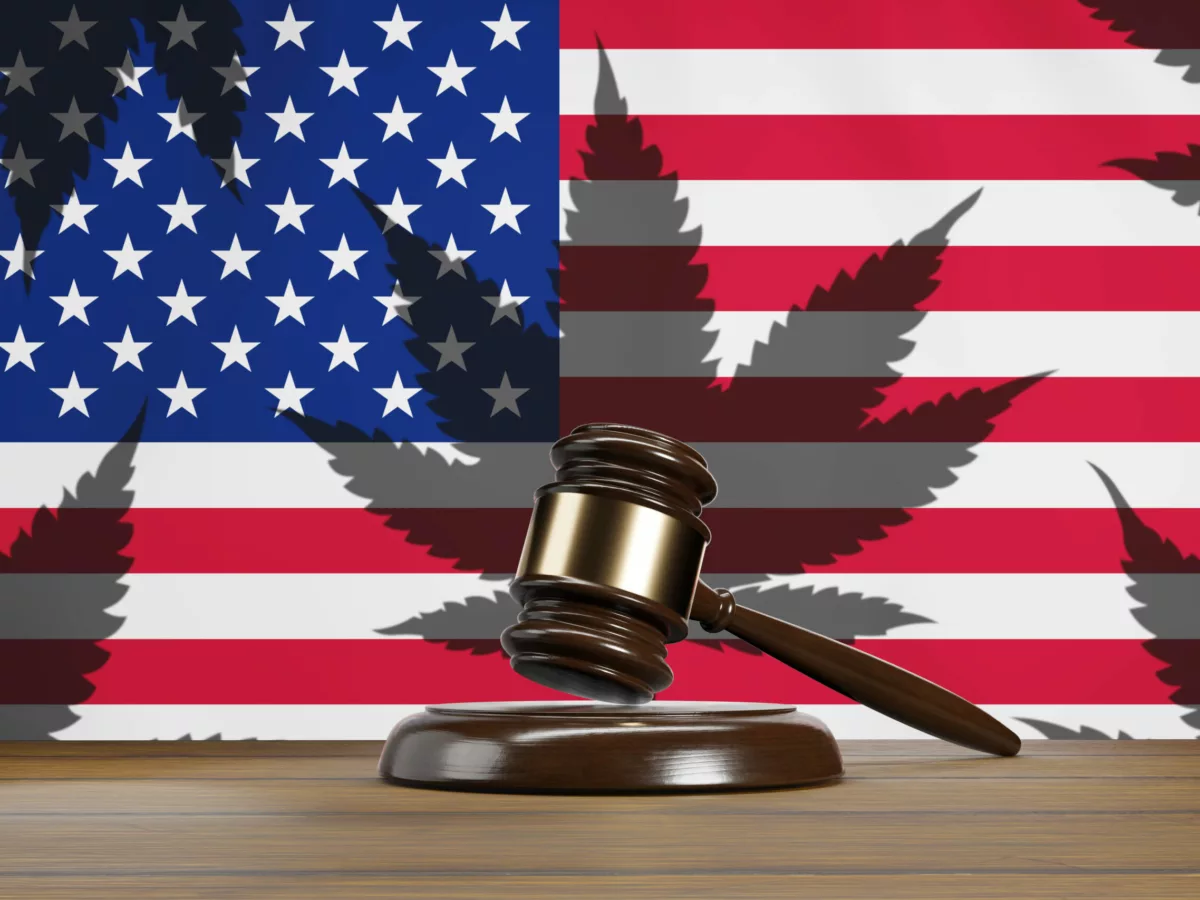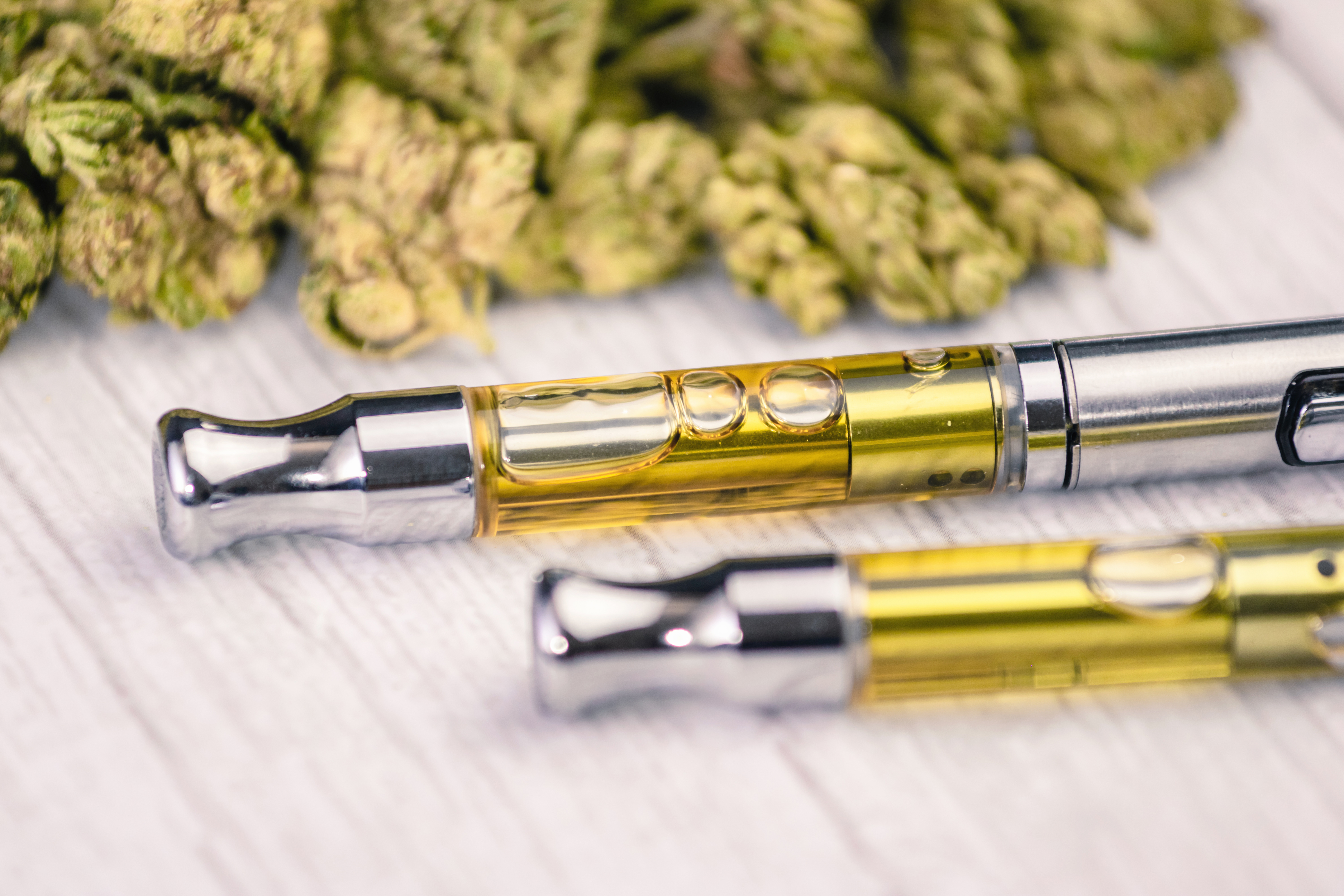Last week, at a hearing for House Bill 331, which would allow medicinal cannabis to be provided to people in public school with legitimate medicinal needs, 15 year-old Connor Sheffield told his devastating story before a room of sympathetic legislators one more time.
“My intestines don’t move or absorb properly,” Sheffield, who has the autoimmune disease Gastro-Intestinal Dysmotility said. “There is no cure and currently with Western medicines there are no treatments that work.”
Before the age of 13, Sheffield had been to the operating room 30 times, he said. At 12, he was put on suicide watch and had to take a number of depression medications—the pain he endured was so great and the result of that pain kept him alone—away from school and away from home.
“I feel like I have lived at the hospital more than at my house. Instead of going to school, I was on home and hospital teaching. I currently only have half of my intestines and I have a venostomy,” Sheffield said. “Before cannabis, I was being fed through a feeding tube and at my worst point, through my veins. I wasn’t growing. My hair was falling out due to malnutrition. I was severely underweight. I was living in constant pain.”
His family began considering medicinal cannabis to help him. “We didn’t think it would actually work. We just thought it was a legal way to get high,” Sheffield admitted. But at the end of 2018, he tried it for the first time and the effects were almost immediate.
“Within minutes, my pain went away. My nausea was 100 percent gone, and for the first time in my life I felt hunger. I started to tolerate tube feeds and soon I was actually eating food,” Sheffield said. “I started gaining weight and growing. I have gained 30 pounds, and I have grown a foot in height since December 28, 2018, when I took my first dose of cannabis.”
Sheffield takes cannabis in the form of a tincture, ingesting 5 milligrams of THC (for a comparison, the average joint has somewhere between 150 and 250 milligrams) at a time, throughout the day, totalling around 15 milligrams daily. Currently, Sheffield cannot take the tincture on school grounds and so he is taken off of school grounds to drop the 5 milligrams under his tongue and then return to class. The school doesn’t hold briefly leaving school against him as an absence.
There are about 200 minors with medicinal cannabis cards in Maryland like Sheffield. 11 states already have laws similar to HB 331. Earlier this month, the City Council of Havre De Grace—where Sheffield lives and attends school—held a special meeting to pass a resolution in support of HB 331, often called “Connor’s Courage,” and voting in favor 6-0. And at last Thursday’s meeting of the Natalie M. LaPrade Maryland Medical Cannabis Commission, Executive Director William Tilburg mentioned “Connor’s Courage” and outlined some of the problems that may arise for getting it passed.
An accompanying bill, House Bill 617 would expand the number of caregivers for an individual in Maryland which would make it so that parents or a guardian would not be the only person able to provide someone in schol with medicinal cannabis.
“There are admitted obstacles to these bills passing from school nurses related to their liability because there’s not a research-evidence basis at this point for medical cannabis uses and dosing in particular,” Tilburg told the MMCC. “There’s also concern about the loss of potential federal funds. The commission is working closely with MSE, the Department of Education and the Department of Health in attempts to see if these issues can be addressed.”
Sheffield ended his testimony by stressing, “I’m simply asking for safe access to my medical cannabis at school and for it to be treated like any other medication.”
The room was filled with supporters in black t-shirts with white text reading, “Vote ‘YES’ for Connor’s Courage” listening to Sheffield. One of them was Sheffield’s father, Michael Sheffield. A veteran, Michael Sheffield described his experiences with Connor as “more trying than my time in Iraq.” He added that narcotics can currently be administered by school nurses but not cannabis.
“There should not be a limit to where a sick child can use the medicine,” Debbie Churgai, Interim Director for Americans For Safe Access who also testified, said. “Cannabis should be treated like any other medication in this regard because it is just that: medicine.”
After hearing the testimony—which also included the parents of other Marylanders with debilitating illnesses assuaged by cannabis—Delegate Shane E. Pendergrass was moved.
“We’re gonna work hard to make this bill work,” she said.






